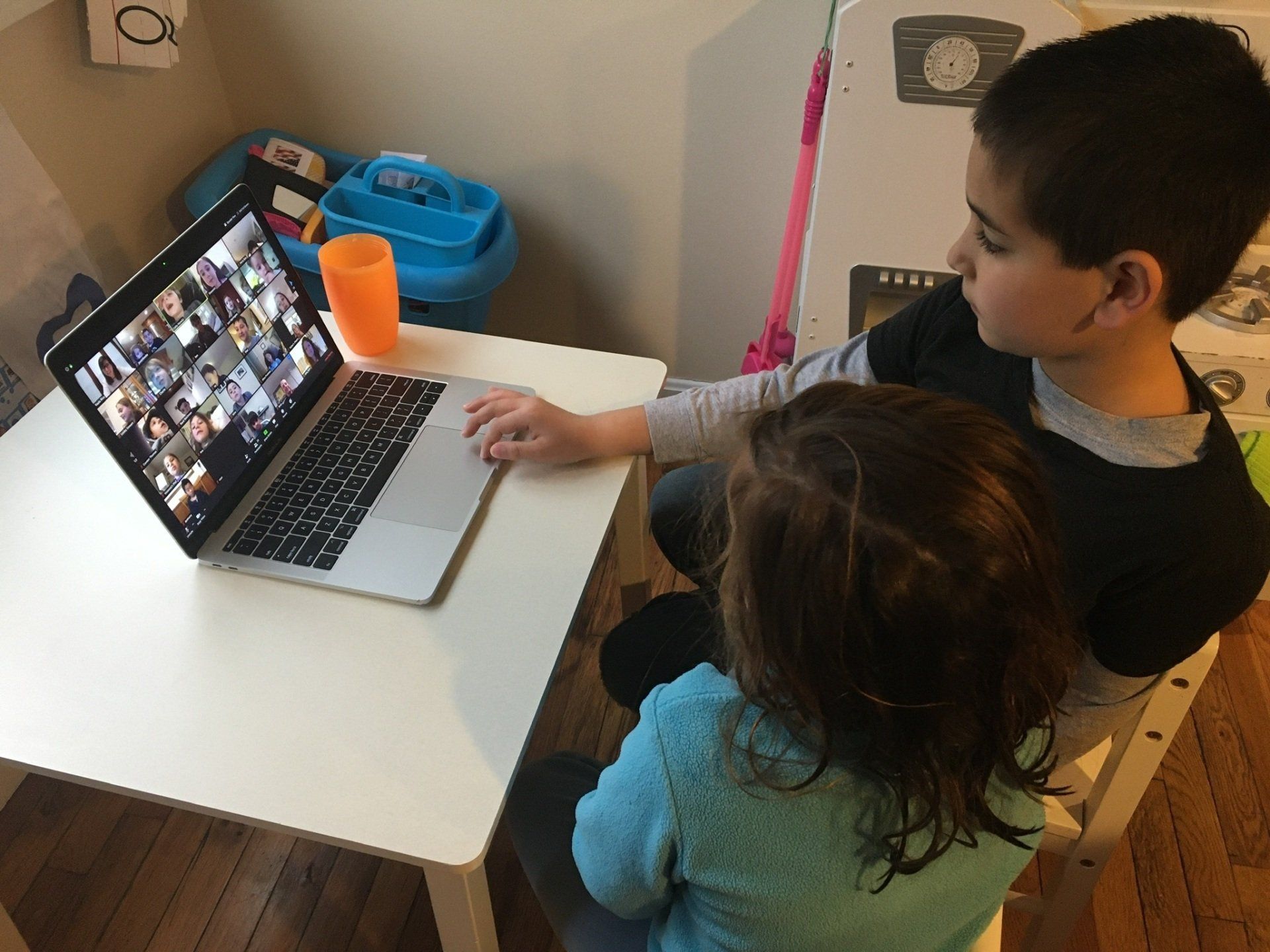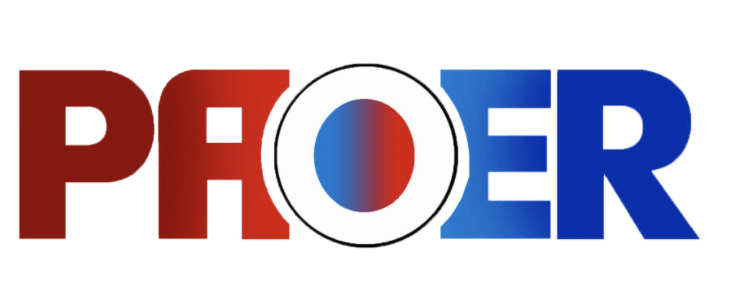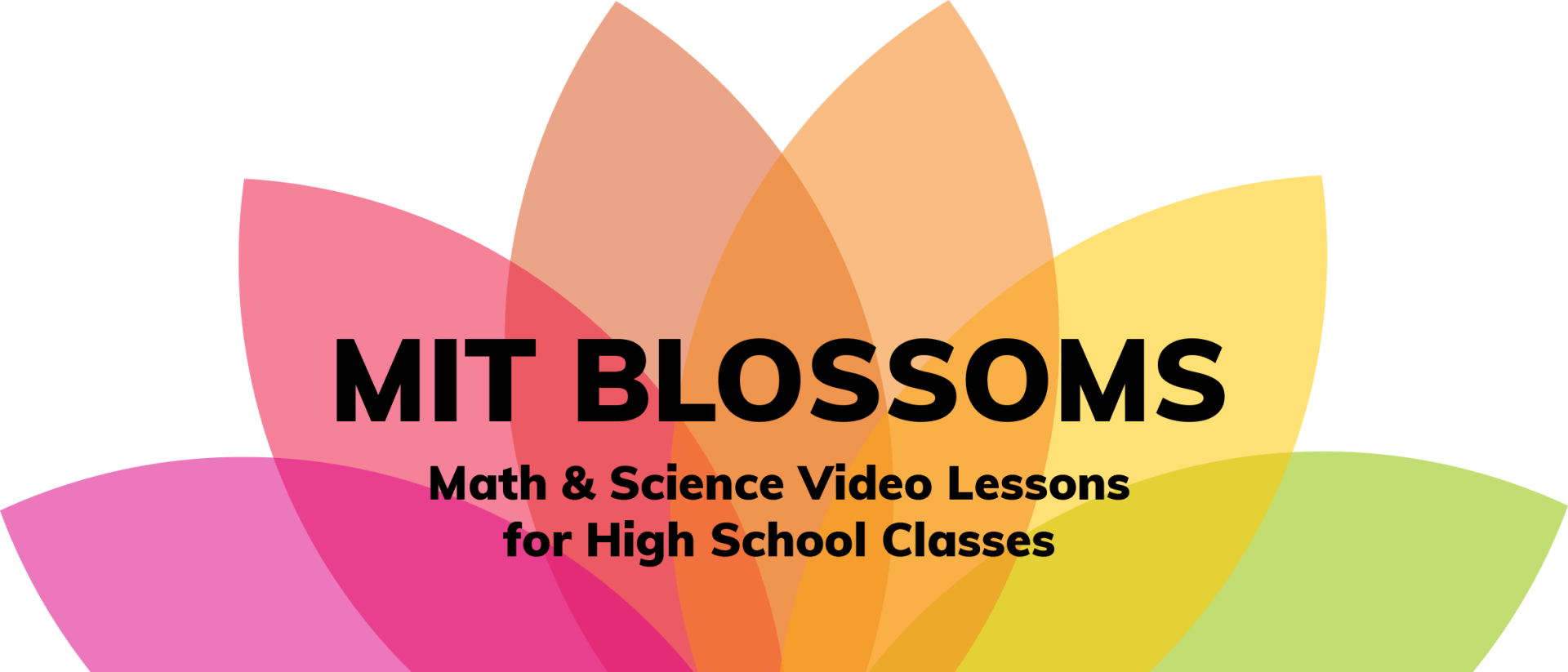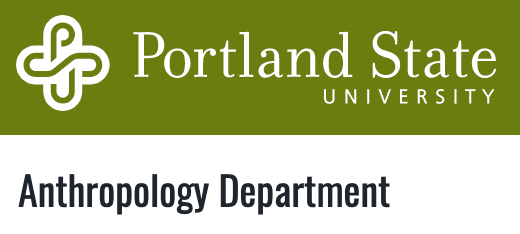Kaisipan! Your Digital Capabilities Home.
Our Social Impact Challenge
Programme for International Student Assessment (PISA): In 2018, the Philippines scored lowest in Reading and second lowest in Mathematics and Science among the 79 participating countries. Check out the country report on the Philippines. https://www.oecd.org/pisa/publications/PISA2018_CN_PHL.pdf
What are some of the findings?
- 68% of 15-year-olds took the test
- Socio-economically advantaged students outperformed disadvantaged students in reading by 88 score points in the Philippines
- Gender gap in reading in favor of girls (27 score points)
- 65% of students reported being bullied at least a few times a month
- Girls expressed greater fear of failure than boys
- Only 31% of students hold a growth mindset.
How are these findings explained?
Our Social Impact Ambition
Vision
Transforming learning and teaching towards humanizing learners' life.
Mission
Advancing digital capabilities for all Filipino educators and learners.
iLEARN, iCREATE, iSHARE: Digital Capabilities Framework
The iLEARN, iCREATE, iSHARE: a digital capabilities framework for Philippine educators provides the scaffolding for Kaisipan’s learning and teaching (L&T) approach. Our mission is digital capabilities for all educators. We define digital capabilities as a set of cognitive, technical, and humanizing competencies to use information and communication technologies (ICTs) to iLEARN, iCREATE, iSHARE.
• Cognitive competencies are mental competencies to acquire, interpret, and extrapolate knowledge, thoughts, and experience.
• Technical competencies go beyond office productivity to digital skills required of 21st-century teachers, including use of synchronous and asynchronous tools for L&T.
• Humanizing competencies include social-emotional learning (managing emotions, working with others, and achieving goals), developing a digital growth mindset, and integrating values in ICT education.

Our vision and mission will contribute to:
DEPEd's quality of learning outcomes.
UN SDG4. To ensure inclusive and equitable quality education and promote lifelong learning for all by 2020.
DEPEd's Response: Sulong Edukalidad
Four Pillars to focus on QUALITY of learning outcomes. KITE. Learners fly high to reach their potential.
- K to 12 curriculum review and update
- Improving the learning environment
- Teachers’ upskilling and reskilling
- Engagement of stakeholders for support and collaboration




















